12 Genius Hydration Hacks For Summer That Go Way Beyond Just Drinking Water
As the summer sun begins its relentless ascent, the importance of staying hydrated cannot be overstated. The human body, composed of approximately 60% water, relies on this vital element to maintain temperature, transport nutrients, and ensure the proper functioning of organs. During the warmer months, the risk of dehydration increases as we lose more fluids through sweat. This article aims to elevate your hydration game by exploring genius hacks beyond just drinking water. Understanding the nuances of hydration can transform your summer experience, making it not only bearable but enjoyable. This guide will delve into 12 essential tips that will help you stay hydrated, energized, and ready to tackle the summer heat.
1. Beyond Water: Hydrating Foods to Include in Your Diet

While water is the cornerstone of hydration, certain foods can significantly contribute to your daily fluid intake. Incorporating hydrating foods into your diet not only boosts hydration but also provides essential nutrients. Fruits and vegetables with high water content, such as watermelon, cucumbers, oranges, and strawberries, are excellent choices. These foods are not only refreshing but also rich in vitamins and minerals that support overall health. For instance, watermelon is composed of about 92% water and contains lycopene, an antioxidant that promotes heart health. Salads, smoothies, and soups are creative ways to incorporate hydrating foods into your meals. A refreshing cucumber and tomato salad or a chilled gazpacho can provide hydration while satisfying your taste buds. Smoothies made with a blend of fruits, yogurt, and a splash of coconut water offer a hydrating, nutrient-packed snack. By diversifying your diet with hydrating foods, you can enhance your hydration strategy and enjoy a variety of flavors and textures throughout the summer.
2. Electrolyte Balance: The Key to Effective Hydration
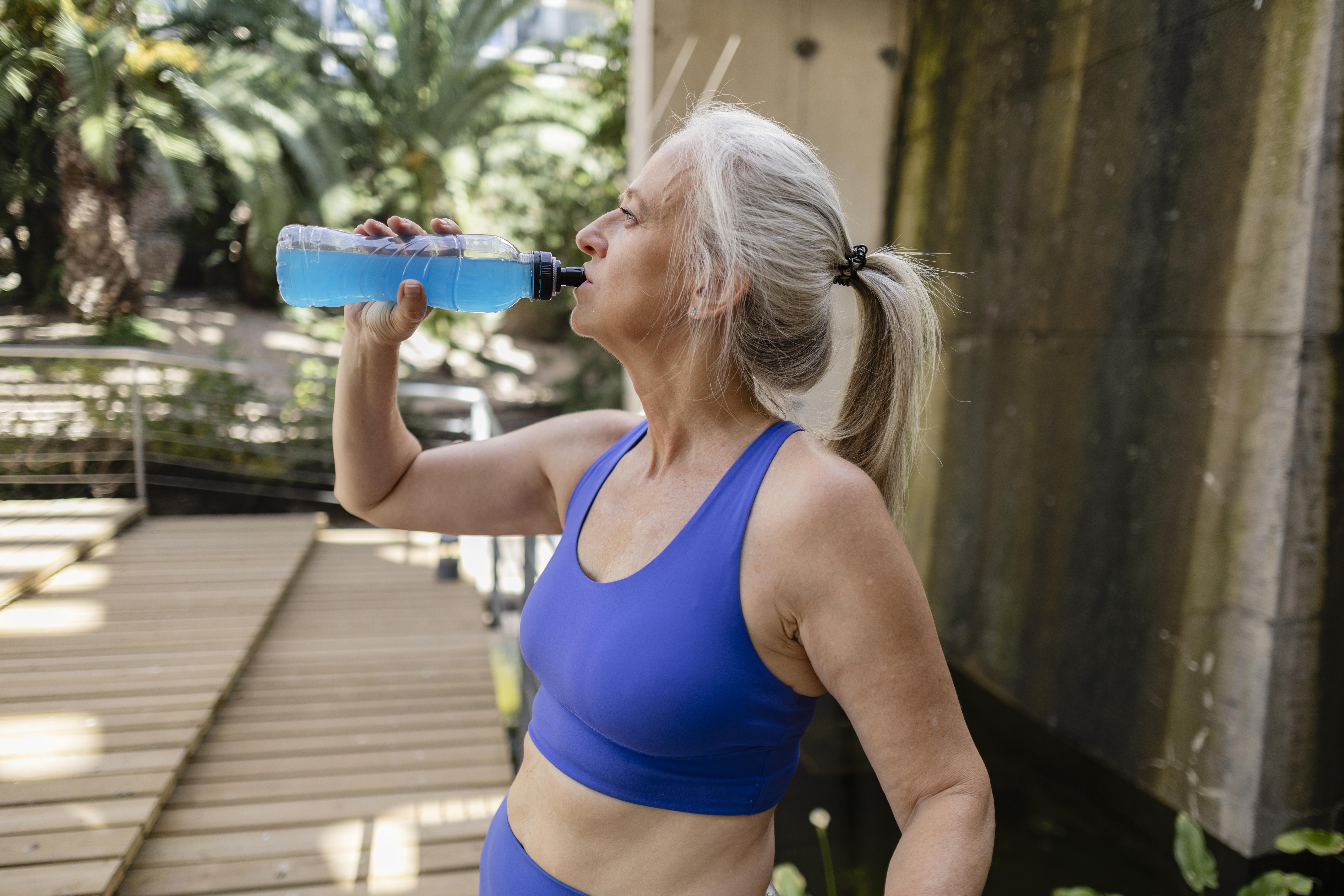
Electrolytes, such as sodium, potassium, and magnesium, play a crucial role in maintaining fluid balance within the body. During periods of excessive sweating, such as intense exercise or hot weather, these electrolytes are lost and need to be replenished. Consuming beverages and foods rich in electrolytes can enhance hydration and prevent symptoms of dehydration, such as muscle cramps and fatigue. Coconut water, sports drinks, and electrolyte tablets are popular options for replenishing these vital nutrients. However, not all electrolyte sources are created equal. While sports drinks can be beneficial, they often contain added sugars and artificial ingredients. Opting for natural sources, such as bananas, avocados, and leafy greens, can provide a healthier alternative. Homemade electrolyte drinks, made with a blend of citrus juices, sea salt, and honey, offer a customizable solution. By maintaining a proper electrolyte balance, you can optimize hydration and support your body's overall function during the summer months.
3. Timing Your Hydration: When to Drink for Maximum Benefit

Timing your fluid intake is as important as the quantity consumed. Drinking water at strategic times can enhance absorption and prevent dehydration. Starting your day with a glass of water helps kickstart metabolism and replenish fluids lost overnight. Sipping water before meals can aid digestion and prevent overeating, while staying hydrated during exercise is crucial for maintaining performance and preventing heat-related illnesses. It's also important to spread fluid intake throughout the day rather than consuming large amounts at once. This approach helps maintain steady hydration levels and reduces the risk of frequent bathroom trips. Additionally, drinking water before, during, and after physical activity ensures that your body stays adequately hydrated. By timing your hydration efforts, you can maximize the benefits and maintain optimal fluid balance throughout the day.
4. Infused Water: A Flavorful Twist on Hydration
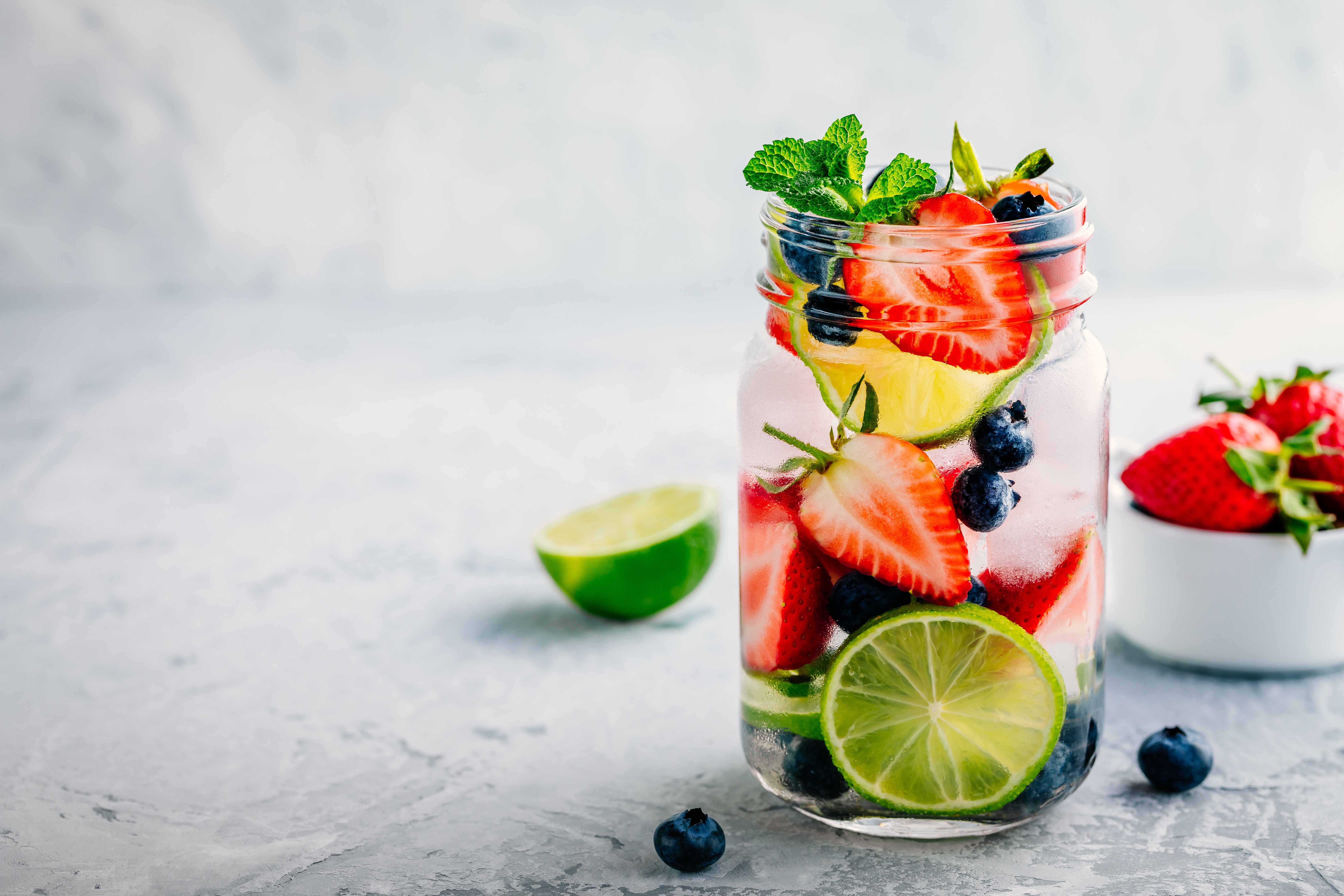
Infused water is a delightful way to enhance the flavor of your water while adding nutritional benefits. By incorporating fruits, herbs, and spices, you can create a refreshing beverage that encourages increased water consumption. Popular combinations include lemon and mint, cucumber and basil, or strawberry and lime. These infusions not only tantalize the taste buds but also provide vitamins, antioxidants, and phytonutrients that support overall health. Preparing infused water is simple and can be customized to suit your preferences. Simply add your chosen ingredients to a pitcher of water and let it sit in the refrigerator for a few hours. The result is a naturally flavored drink that can be enjoyed throughout the day. Infused water is an excellent alternative to sugary beverages and can make staying hydrated a more enjoyable experience. By experimenting with different flavors, you can discover new combinations that keep you refreshed and hydrated all summer long.
5. The Role of Herbal Teas in Hydration
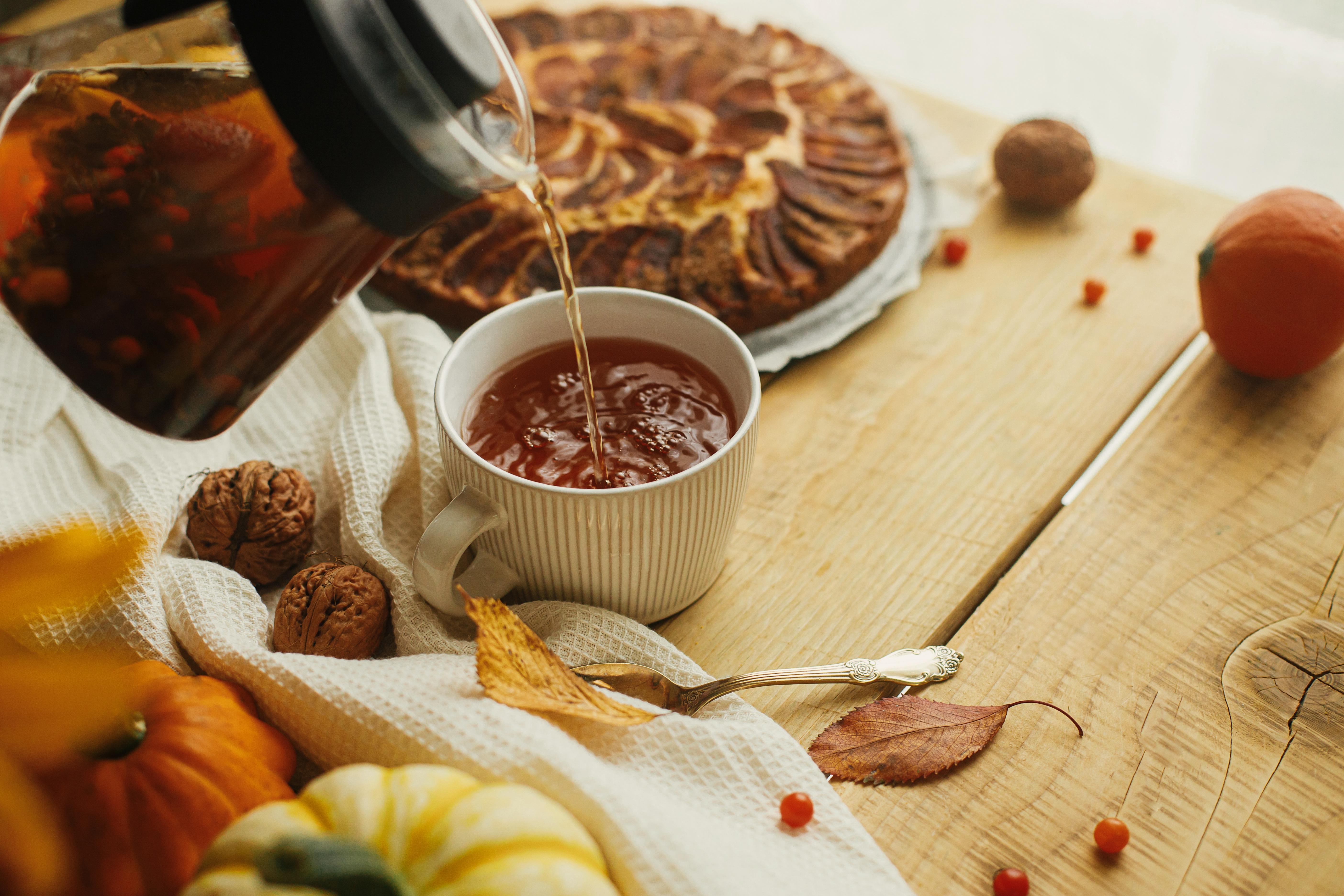
Herbal teas offer a soothing and hydrating alternative to traditional beverages. Unlike caffeinated teas, herbal teas are typically free of caffeine, making them an excellent choice for hydration. Varieties such as chamomile, peppermint, and hibiscus are not only refreshing but also provide health benefits. Chamomile tea, for instance, is known for its calming effects, while peppermint tea aids digestion and relieves headaches. Brewing herbal teas is a simple process that can be customized to your taste. Whether enjoyed hot or iced, these teas provide a flavorful way to increase fluid intake. Adding a splash of lemon or a drizzle of honey can enhance the taste and nutritional value. Herbal teas can be consumed throughout the day, offering a relaxing and hydrating experience. By incorporating these teas into your routine, you can diversify your hydration strategy and enjoy the therapeutic benefits they offer.
6. The Impact of Alcohol and Caffeine on Hydration

While enjoying a cold beer or a cup of coffee may be tempting during the summer, it's important to understand their impact on hydration. Both alcohol and caffeine have diuretic effects, meaning they increase urine production and can lead to dehydration if consumed in excess. Moderation is key when it comes to these beverages, and it's essential to balance their consumption with adequate water intake. When consuming alcohol, consider alternating with water to maintain hydration levels. Similarly, opt for lower-caffeine alternatives, such as herbal teas or decaffeinated coffee, to reduce the risk of dehydration. Being mindful of your alcohol and caffeine intake can help you stay hydrated and prevent the adverse effects of dehydration. By making informed choices, you can enjoy your favorite beverages without compromising your hydration goals.
7. Hydration and Exercise: Strategies for Active Lifestyles
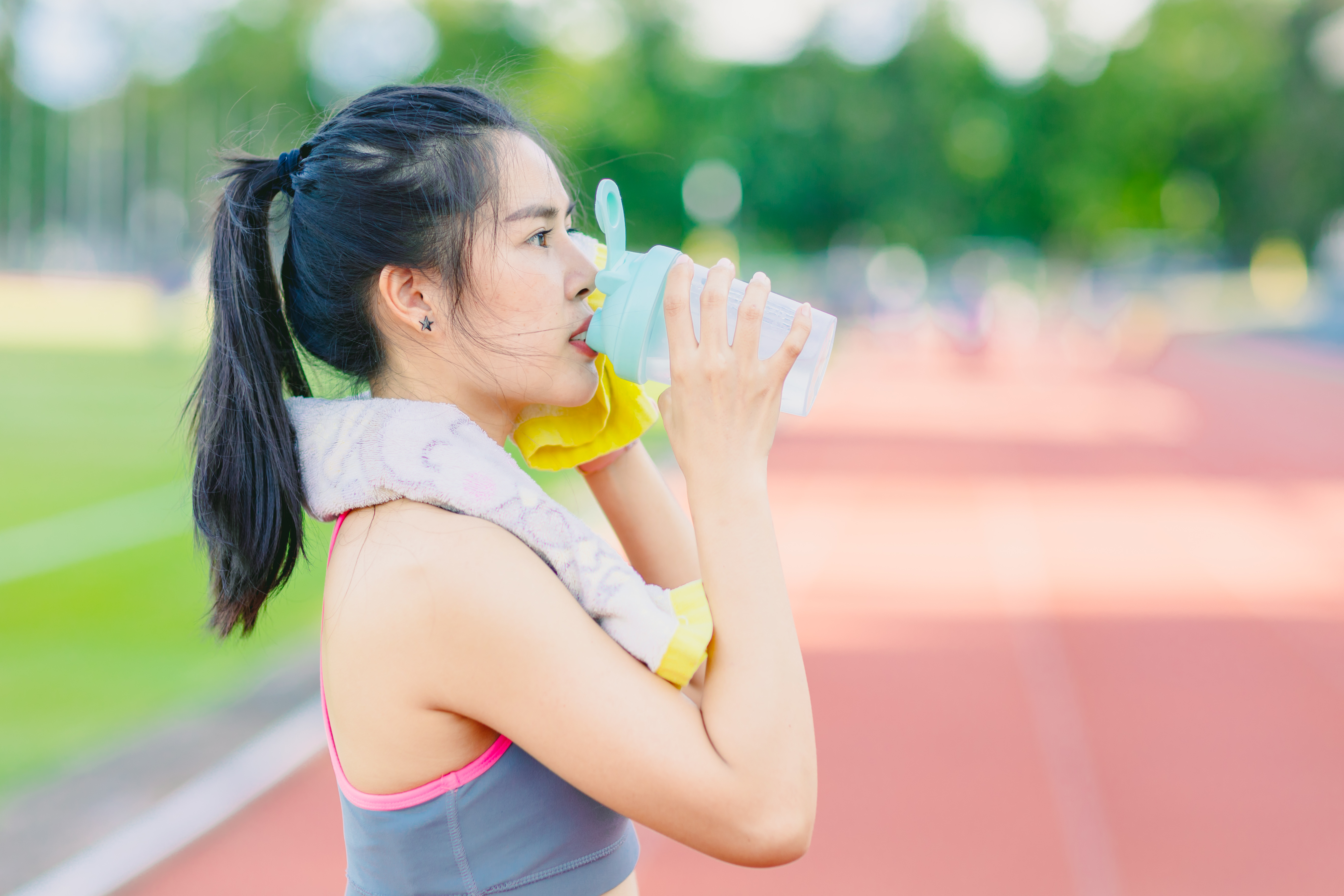
For those with active lifestyles, maintaining hydration is crucial for performance and recovery. Exercise increases fluid loss through sweat, making it essential to replenish these losses to prevent dehydration. Drinking water before, during, and after exercise is a fundamental strategy. However, for prolonged or intense workouts, sports drinks or electrolyte-rich beverages may be necessary to replace lost electrolytes. Monitoring fluid intake and adjusting based on the intensity and duration of exercise can help optimize hydration. Weighing yourself before and after exercise can provide insights into fluid loss and guide rehydration efforts. Additionally, incorporating hydrating snacks, such as fruits or yogurt, can support recovery and enhance hydration. By adopting these strategies, you can maintain optimal performance and prevent the negative effects of dehydration during physical activity.
8. Technology and Hydration: Smart Solutions for Modern Times

In today's digital age, technology offers innovative solutions to help monitor and improve hydration. Smart water bottles, hydration apps, and wearable devices provide real-time data and reminders to encourage consistent fluid intake. These tools can track your water consumption, set personalized goals, and even analyze your hydration status based on activity level and environmental conditions. Hydration apps, for instance, offer customizable reminders and insights into your hydration habits, helping you stay accountable. Smart water bottles equipped with sensors can monitor fluid intake and provide feedback through connected apps. By leveraging technology, you can enhance your hydration strategy and ensure that you meet your fluid needs throughout the day. These smart solutions make staying hydrated easier and more accessible, allowing you to focus on enjoying your summer activities.
9. Environmental Factors: How Weather Influences Hydration

Weather conditions play a significant role in influencing hydration needs. High temperatures, humidity, and sun exposure increase fluid loss through sweat, necessitating increased water intake. Understanding the impact of environmental factors can help you adjust your hydration strategy accordingly. On hot and humid days, for instance, it's essential to increase fluid consumption and seek shade or air-conditioned environments to prevent heat-related illnesses. Monitoring weather forecasts and planning outdoor activities during cooler parts of the day can also support hydration efforts. Wearing lightweight, breathable clothing and using sunscreen can reduce the risk of overheating and dehydration. By being mindful of environmental factors, you can adapt your hydration strategy to suit changing conditions and ensure optimal fluid balance throughout the summer.
10. The Psychological Aspect of Hydration: Mindful Drinking
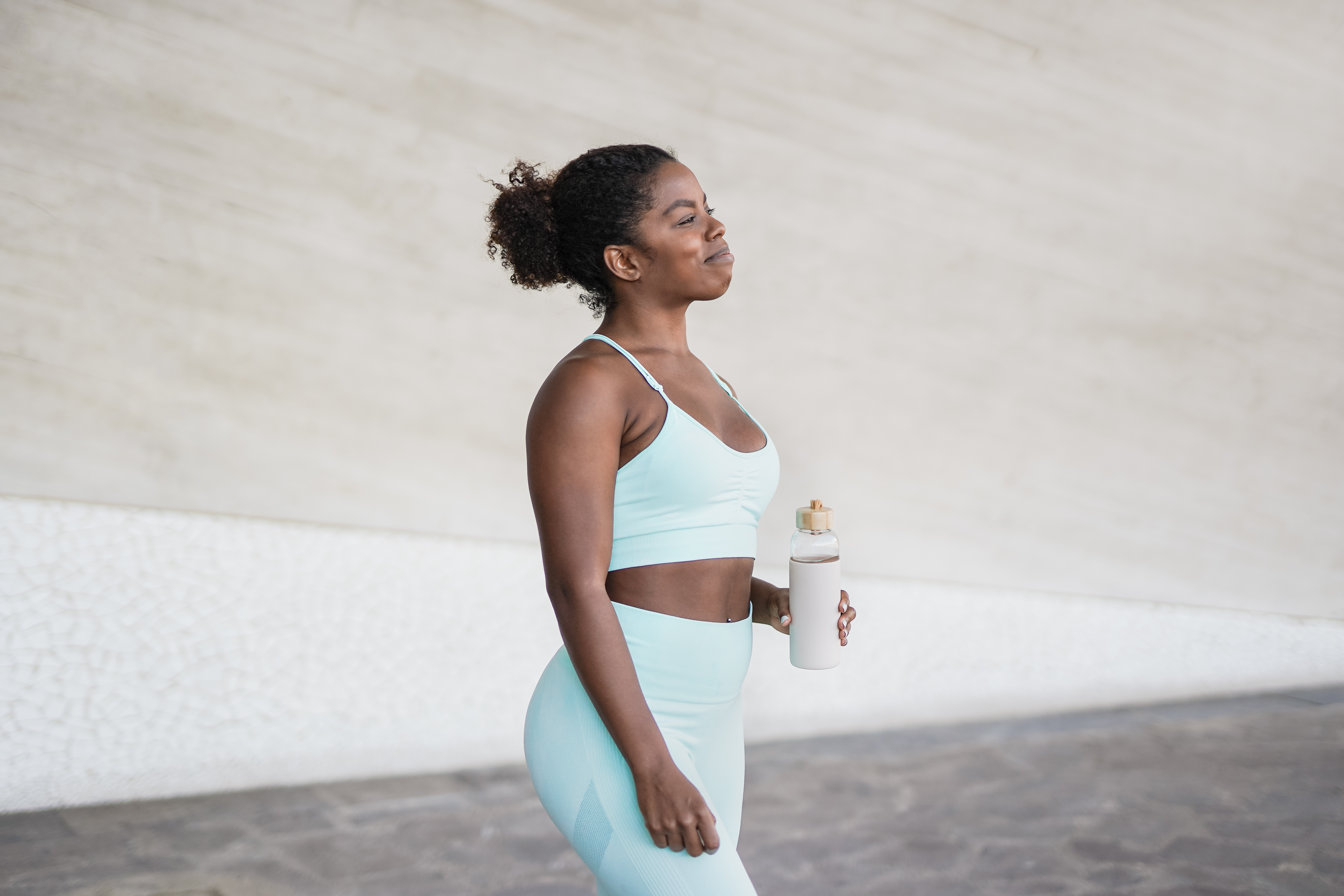
Hydration is not just a physical necessity but also a psychological practice. Mindful drinking involves being present and attentive to your body's hydration needs, rather than mindlessly consuming fluids. This practice encourages you to listen to your body's signals, such as thirst and hunger, and respond appropriately. By cultivating awareness, you can develop a deeper understanding of your hydration habits and make informed choices. Practicing mindful drinking involves setting aside distractions, focusing on the sensory experience of drinking, and savoring each sip. This approach not only enhances the enjoyment of beverages but also promotes a conscious relationship with hydration. By integrating mindfulness into your hydration routine, you can develop a more intuitive and effective approach to meeting your fluid needs.
11. Hydration for All Ages: Tailoring Strategies for Different Life Stages
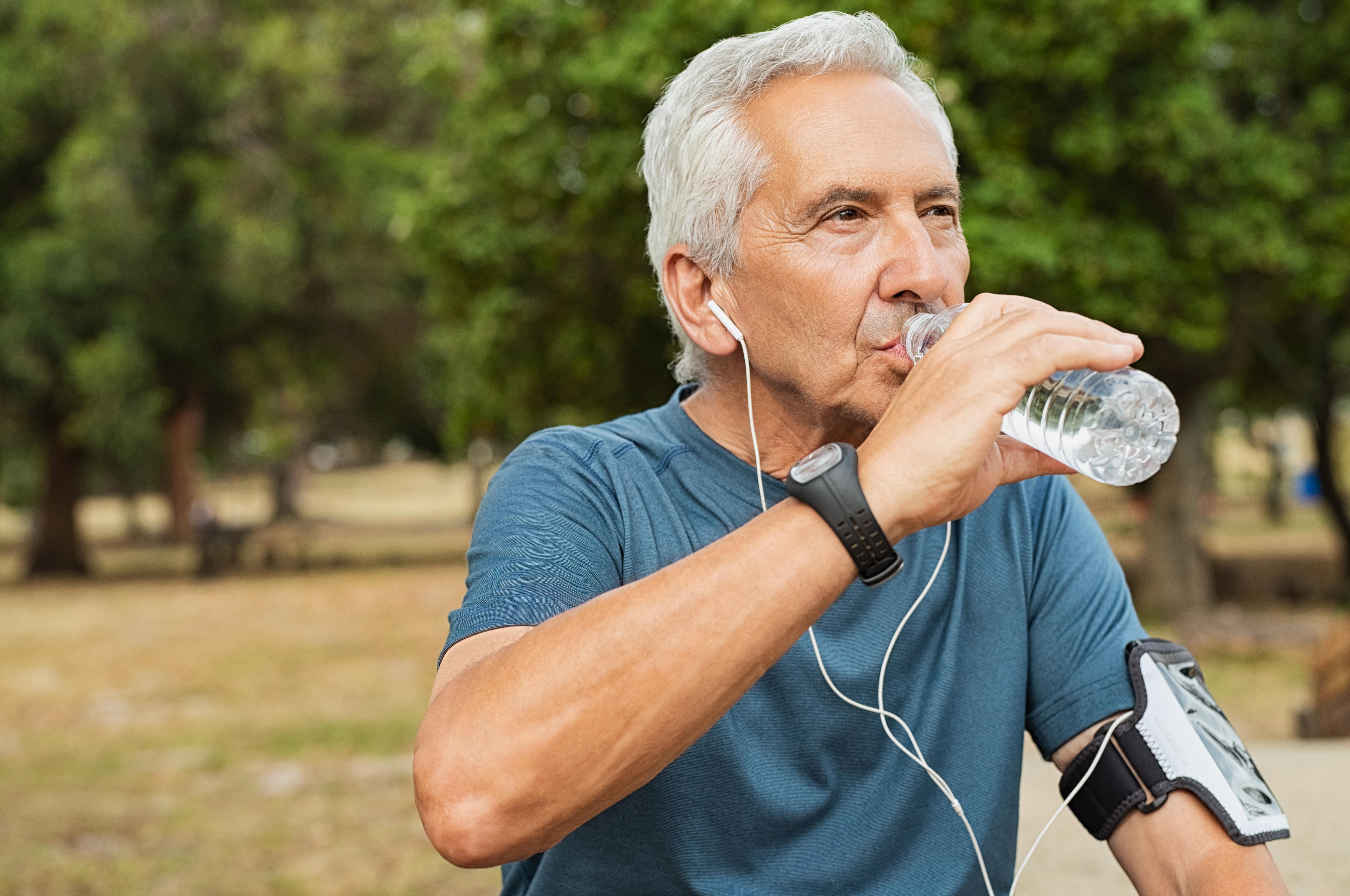
Hydration needs vary across different life stages, from infants to the elderly. Understanding these variations is crucial for developing age-appropriate hydration strategies. Infants and young children, for instance, are more susceptible to dehydration due to their higher metabolic rates and smaller body size. Ensuring they receive adequate fluids, whether through breast milk, formula, or water, is essential for their growth and development. For older adults, changes in kidney function and a reduced sense of thirst can increase the risk of dehydration. Encouraging regular fluid intake and incorporating hydrating foods into their diet can support hydration. By tailoring hydration strategies to suit different life stages, you can ensure that everyone, regardless of age, maintains optimal fluid balance and enjoys a healthy summer.
12. The Chia Seed Super-Soak: Gel-Based Hydration for Endurance
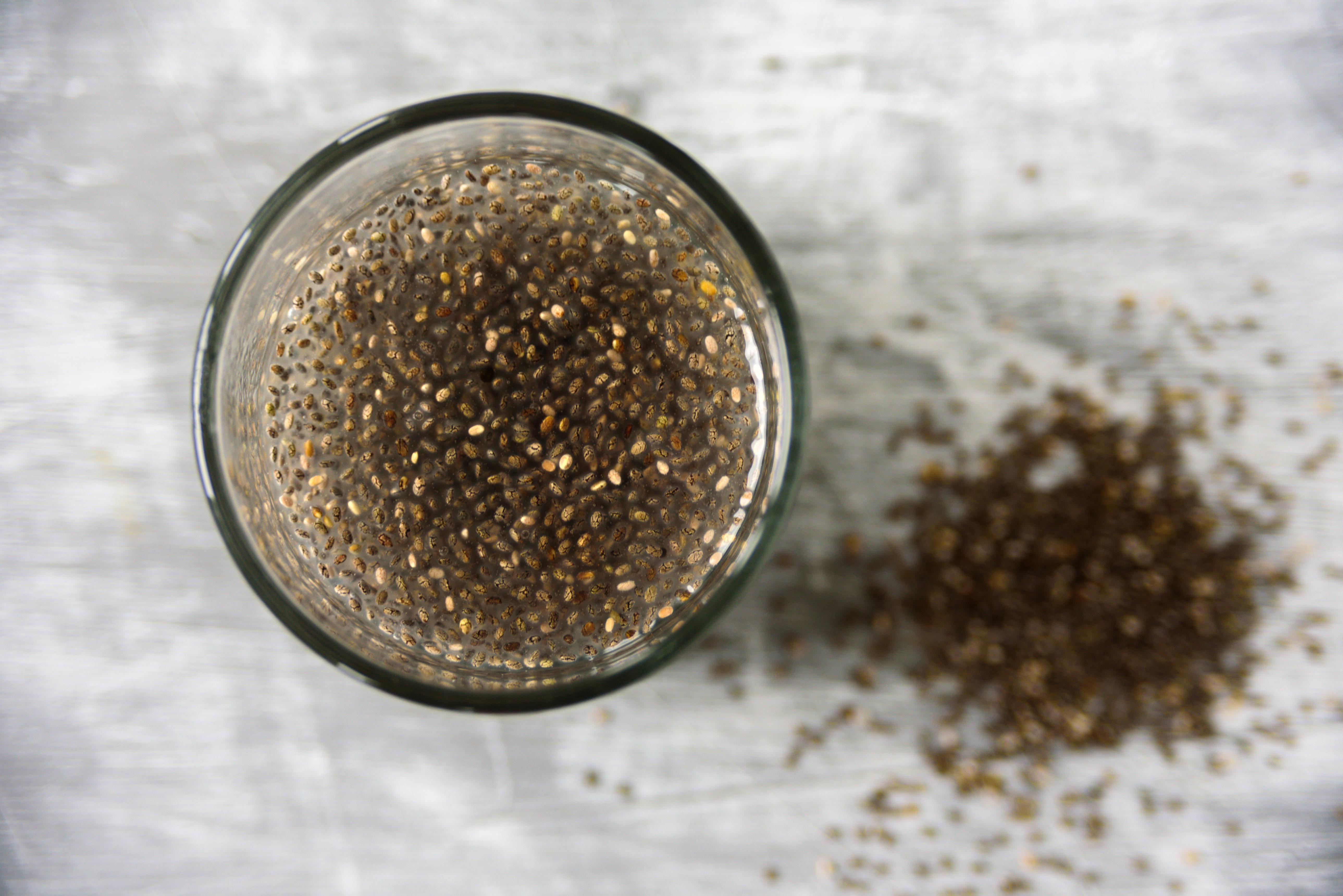
Unlock a surprising hydration hack with tiny but mighty chia seeds! These superfoods can absorb up to 10-12 times their weight in water, forming a gel-like substance. Consuming this chia gel (made by soaking a tablespoon of seeds in a cup of water or coconut water for 15-30 minutes) provides a slow and sustained release of hydration and electrolytes. This makes it an ingenious strategy for enduring summer heat or prolonged activities, helping to maintain hydration levels more consistently than water alone. Add it to smoothies or enjoy it plain for a refreshing, energy-boosting, and deeply hydrating internal reservoir.
Embracing a Holistic Approach to Hydration

As we conclude our exploration of hydration strategies, it's clear that staying hydrated involves more than just drinking water. A holistic approach encompasses understanding individual needs, incorporating hydrating foods, balancing electrolytes, and leveraging technology. By adopting these comprehensive strategies, you can ensure optimal hydration and enjoy the summer to its fullest. Hydration is a dynamic and multifaceted process that requires attention and adaptation. By embracing a mindful and informed approach, you can elevate your hydration game and support your body's health and well-being. As you navigate the summer months, remember that staying hydrated is not just a necessity but an opportunity to enhance your overall quality of life. So, raise a glass to hydration and embark on a summer filled with vitality and refreshment.